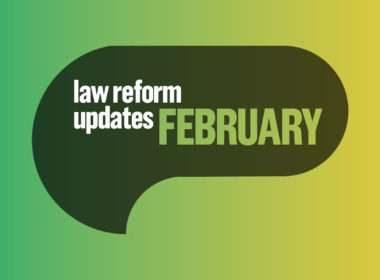Recapping 2025: uncertainty and contention afflicts the implied freedom doctrine
Judicial scepticism, fractured reasoning and shifting tests marked 2025, leaving the implied freedom’s coherence and future direction in question.
By Dr Jemimah Roberts - 1 min read












